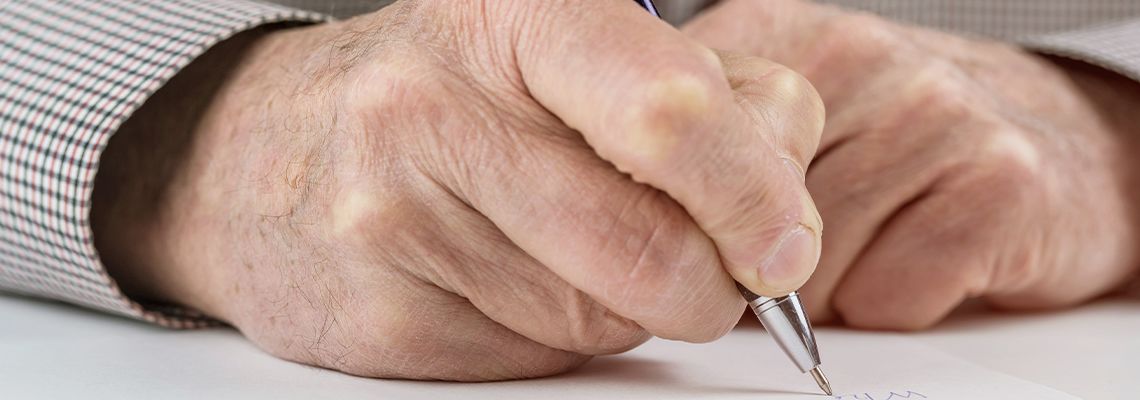
What Happens if You Die Without a Will?
Dying without a will, also known as dying intestate, can lead to a complicated and often distressing situation for your loved ones. Without a clear legal document outlining your wishes, the state will step in to determine how your assets are distributed.
When a person dies intestate, the distribution of their assets is managed by state laws rather than personal wishes. These statutes dictate who inherits your property, often prioritizing spouses, children, and other close relatives. This can lead to unintended outcomes, such as estrangement between family members or heirs receiving assets that you would not have chosen to inherit.
The Intestacy Process
Upon your passing, the probate court will be tasked with settling your estate according to intestate laws, which can be a lengthy and costly process. Here's a step-by-step outline of what typically occurs:
Appointment of an Administrator
Since you did not specify a personal representative in a will, the court will appoint an administrator to handle your estate. This person is often a surviving spouse or an adult child but can be any eligible relative. Their role includes collecting and managing assets, paying off debts, and distributing remaining assets to the heirs.
Asset Inventory and Valuation
The appointed administrator will conduct an inventory of your assets, which may include real estate, bank accounts, personal property, and investments. They are responsible for estimating the value of these assets and determining any debts that need to be settled before distribution can occur.
Distribution of Assets
Once debts and taxes are paid, the administrator will distribute the remaining assets according to state intestacy laws. This distribution may not reflect your personal wishes or the unique circumstances of your family, potentially leading to conflicts or dissatisfaction among heirs.
Emotional and Financial Strain
Dying without a will can place significant emotional and financial strain on your family. The probate process can introduce delays and complexities, causing added stress during an already difficult time. Additionally, the legal fees and costs associated with probate can diminish the overall value of the estate, meaning less may be passed on to your loved ones.
Frequently Asked Questions (FAQs)
What is the best way to avoid dying intestate?
The most effective way to ensure your wishes are followed after your death is to create a legally binding will. Consulting with an estate planning attorney can help ensure that your will accurately reflects your wishes and complies with state laws.
Can I change my will once it's created?
Yes, you can modify your will after it has been established. It is advisable to make updates following significant life events, such as marriage, divorce, or the birth of a child. Amendments should be documented properly to avoid any potential conflicts.
What happens to my children if I die without a will?
If you pass away without a will and have minor children, the court will appoint a guardian to care for them based on state laws. This can lead to a situation where a court decides which relatives are best suited, potentially resulting in outcomes that may not align with your wishes.
Are there any assets exempt from intestate distribution?
Certain assets may bypass the intestacy process, such as life insurance policies, retirement accounts, and property held in a trust, which typically pass directly to designated beneficiaries.
How can I ensure my estate is managed according to my wishes?
In addition to creating a will, consider setting up trusts and designating beneficiaries for financial accounts. Regularly reviewing and updating these documents can help you maintain control over your estate as circumstances change.
How Our Firm Can Help
At our firm, we understand the challenges that come with estate planning and the implications of dying without a will. Our experienced estate planning attorney is dedicated to guiding you through the process of creating a comprehensive and legally binding will that accurately reflects your wishes. We offer personalized consultations to assess your unique circumstances, ensuring that your assets are distributed according to your preferences and that your loved ones are protected. Additionally, we can assist in establishing trusts, designating beneficiaries, and providing ongoing support to review and update your estate plan as your life evolves. By partnering with us, you can secure peace of mind knowing that your estate is managed according to your intentions.
Protect Your Legacy
To prevent these complications and ensure that your wishes are respected after your passing, it is crucial to create a comprehensive estate plan that includes a valid will. Working with an experienced estate planning attorney can help you navigate this process, tailor your plan to your specific needs, and provide peace of mind knowing your legacy will be managed according to your intentions.
If you have questions about what happens if you die without a will or wish to start your estate planning journey, contact The Elder & Disability Law Firm, APC. Their knowledgeable attorney is here to assist you in making informed decisions that protect your assets and your loved ones.
